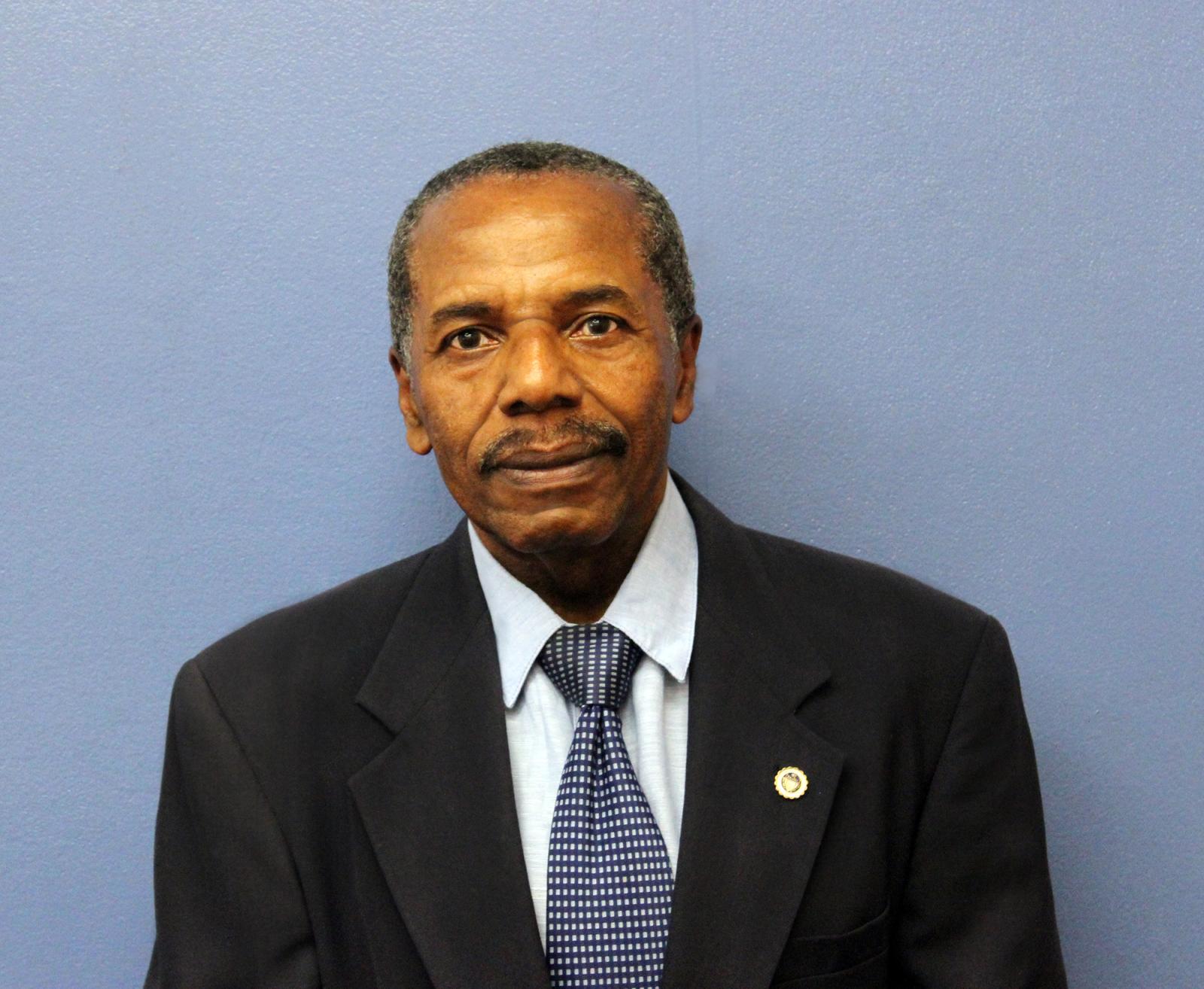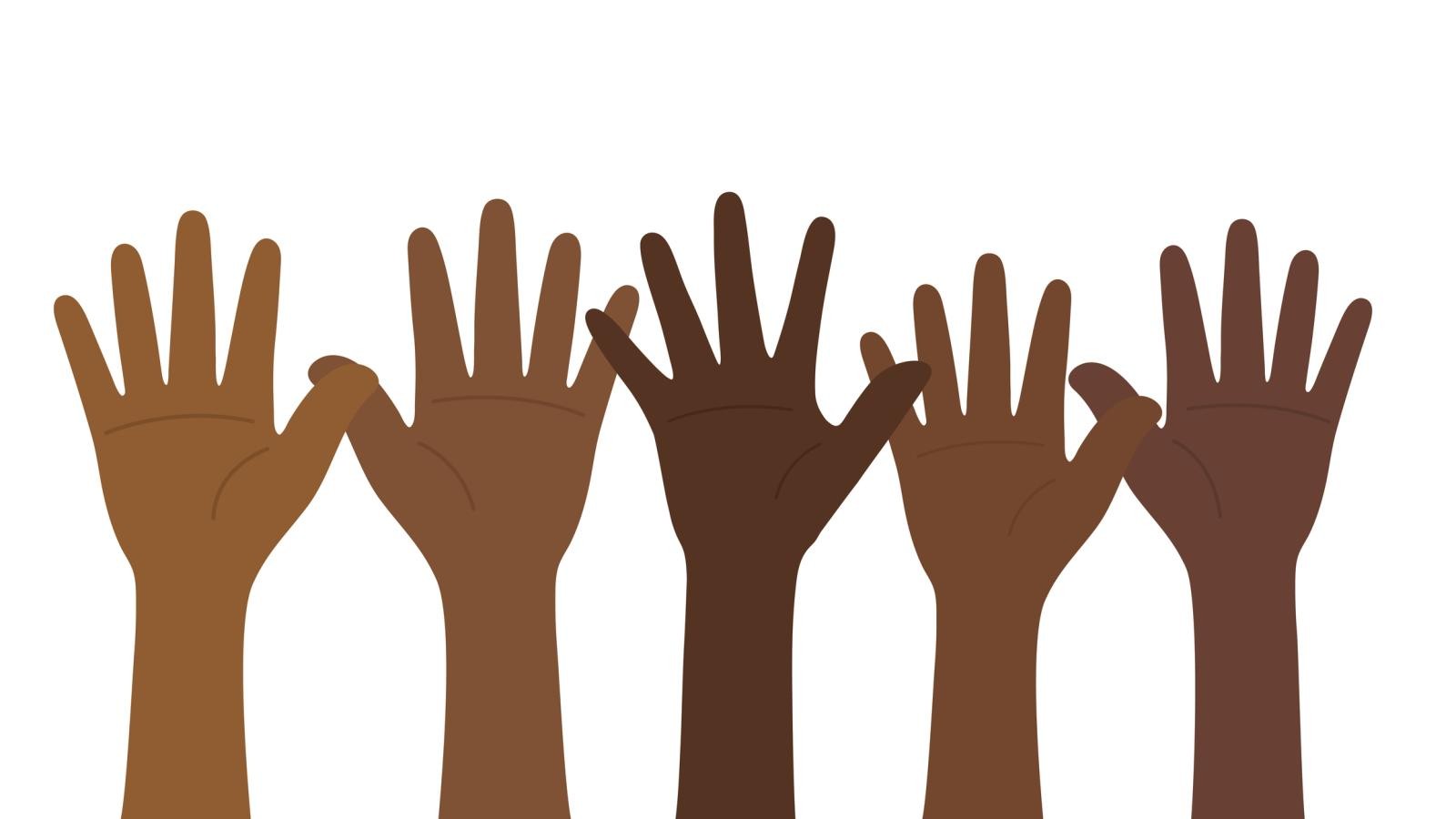
When strangers contact you to ask your opinion about social issues, you are likely to ask (if you don’t instantly click-off) “Who’s asking?” You may fear that the questioners are manipulative or biased and are unlikely to have your interests at heart. When Blacks, like most Americans, are polled, they are understandably skeptical.
When the Howard Initiative on Public Opinion (HIPO) makes contact, however, these voters may more often rest assured that a major part of their interests undergirds the communication.
HIPO was started nearly a decade ago, when a group of Howard University faculty came together to confront the challenge of improving the assessment of African American perspectives in survey research. Social scientists, humanists, and others conducted diverse national and regional surveys. Last year, the Graduate School, through Dean Dana Williams and Associate Dean Terri Adams-Fuller, formalized the research group now known as the Howard Initiative on Public Opinion. With research grants, HIPO is helping bring balance to established public opinion analysis that many readers have questioned.
Pollsters generally want to know what you think about a particular thing or event before you act on it or react to it, but only when they see you in the context of others they think you represent. There may be countless pollsters trying to access your opinions before you buy a product, use or react to the use of equipment, commit to a cause, or vote for a candidate,. Their assessments depend to a substantial extent on the context or categories in which they place you in advance. At this point the Howard’s established sensitivity to Black respondents stands out. Still more influential in this age of massive polling, though less obvious, is the increasing ability of overlapping surveys to determine the way individuals and organizations see themselves. Everyone, including Blacks in targeted groups, is inclined to judge himself or herself by the images with which they identify.
In a nation of countless public opinion analysts, HIPO offers a rare, if not singular, assurance that a university historically attuned to the Black community will help to paint the pictures that serve as reference points for the ways individuals may see themselves and others.”
Here lies the current power of polling. Collective polling, like pack journalism, tends to tilt the scales and even generate opinion. Reinforcing polling results can paint a compelling picture of the social and political world that demands the attention and often the deference of wide audiences. In a nation of countless public opinion analysts, HIPO offers a rare, if not singular, assurance that a university historically attuned to the Black community will help to paint the pictures that serve as reference points for the ways individuals may see themselves and others.
Successful surveys draw from a context of issues to focus your attention on specific, narrow subjects. Familiarity with the broad context in which the respondent may see the subject in question is crucial for avoiding distortions. Where subtle social, racial, or economic factors deform the background, questions and responses may be consistently misconstrued. In the past, for example, surveys often found less Black support for “civil rights” options than expected because all the options were seen in a racialized context where Blacks saw the changes as minor and others saw them as big.
During election campaigns, for example, a vote is substantively a choice or preference that is developed over time in the context of one’s social or influential groups. When one finally “casts a ballot,” the group is left behind and the individual completes the process. In this sense, making choices in elections is like making choices in any other public sector. Changing opinions can be measured at many points but understanding the social group context is critical. Similarly, the decision to make a big purchase, for example, doesn’t start with sales agent however much last-minute information may influence it.
The study of public opinion covering a wide spectrum of social, political, economic, community, and international issues has long been a valued component of institutionalized research in higher education. While Howard has several such institutes and centers, HIPO is uniquely positioned to fill a gap in opinion analysis for which other major universities may lack a similar background of cultural and academic on which to draw.
Accordingly, HIPO has developed valuable insights, through surveys, focus groups and related research techniques, on diverse opinions and behavior including: voter preferences and behavior in national, local, state and primary elections; healthcare awareness, Covid-19 responses, labor union support, civil rights support, cultural, ethnic and religious diversity – in essence, many of the imposing issues that link faculty and student attention to community and national issues.
Article ID: 2006




